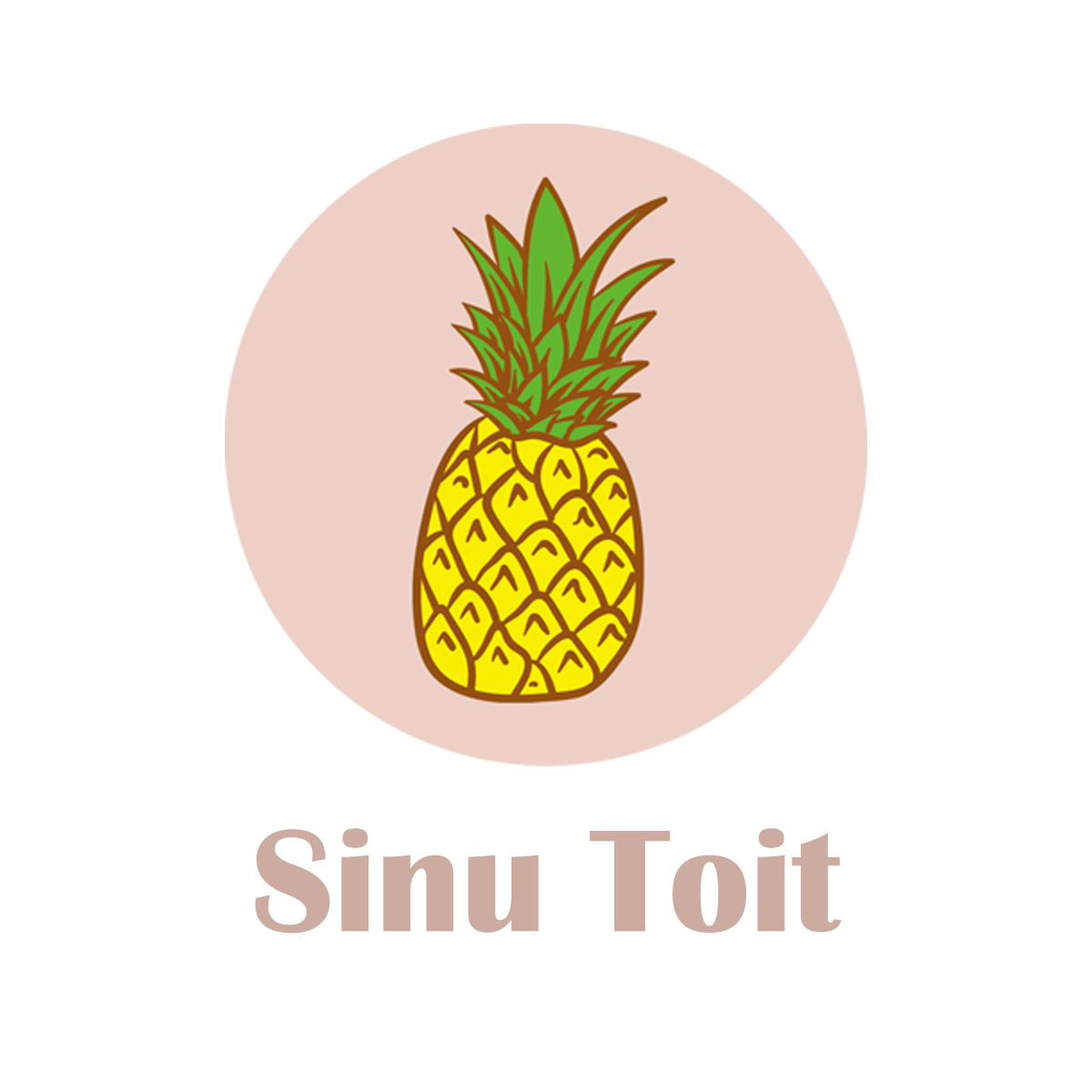
Syrups, a staple in many households, offer a delightful sweetness to various dishes. However, not all syrups are created equal when it comes to health benefits. Let’s delve into four of the most popular syrup options and assess their nutritional value, impact on blood sugar, baking properties, and production methods.
Based on my research and several trials, my TOP 3 is the following.
Maple Syrup – the winner
Produced from the sap of maple trees, maple syrup is often touted as a healthier alternative to refined sugars. It contains essential minerals like zinc, manganese, and potassium. However, it’s high in natural sugars, including sucrose, fructose, and glucose, which can impact blood sugar levels. While maple syrup can be used in baking, its strong flavor might not be suitable for all recipes. Most maple syrup production processes are natural, without the use of harmful chemicals.
Date Syrup – second best
Made from concentrated dates, date syrup is a natural sweetener with a rich, caramel-like flavor. It is a good source of fiber, potassium, and magnesium. While it contains natural sugars, its fiber content helps slow down sugar absorption, leading to a milder impact on blood sugar levels. Date syrup can be used in baking but its thick consistency might require adjustments. Date syrup production is typically chemical-free, relying on traditional methods.
Honey – third
Derived from bees, honey is another natural sweetener with a complex flavor profile. It contains antioxidants and trace amounts of vitamins and minerals. However, its sugar content is similar to that of maple syrup, affecting blood sugar levels. Honey can be used in baking but its tendency to crystallize might require adjustments. While bees play a crucial role in honey production, some commercial beekeeping practices raise concerns about the use of antibiotics and pesticides.
Why I did not give honey a better place – rather a funny reason: it is a bit too sticky :). When I want to add it into the food, it often sticks to the spoon or does not fully come off from the spoon. There is also available a more liquid honey but sometimes if its more liquid it means that it is processed (heated or filtered to prevent crystallization). But it is not always so – if honey has a higher fructose content, like honeydew honey, it can stay as liquid for a longer time.
Agave Nectar – nope
Extracted from the agave plant, agave nectar has gained popularity as a low-glycemic sweetener. It contains higher levels of fructose compared to glucose, which can impact liver health when consumed excessively. Agave nectar has a neutral taste, making it versatile in baking. However, the production process often involves the use of chemicals, raising concerns about its purity.
Conclusion
The healthiest syrup is not a one-size-fits-all answer. Each syrup offers unique nutritional benefits and drawbacks. For individuals concerned about blood sugar levels, date syrup might be a better choice due to its fiber content. Those seeking a natural sweetener without chemical intervention might lean towards maple syrup or date syrup. However, moderation is key, as all syrups contain natural sugars that should be consumed in moderation.
It’s essential to consider individual health goals and dietary restrictions when choosing a syrup. Experimenting with different options can help you find the perfect sweetener for your taste preferences and overall well-being.
